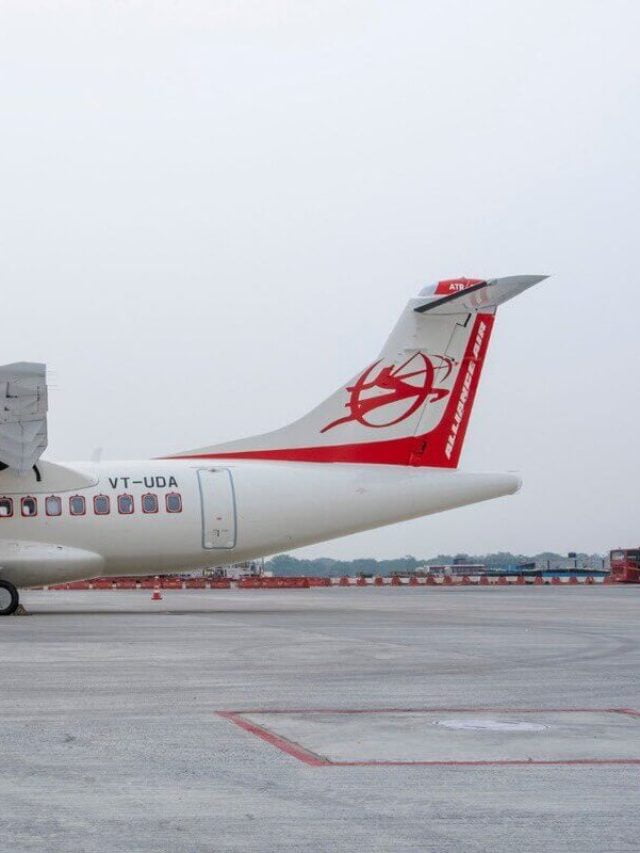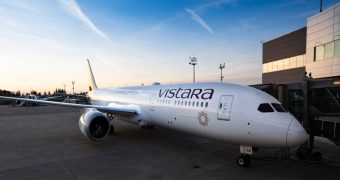
Due to the development of the new COVID-19 variant Omicron and related travel restrictions, Lufthansa CEO Carsten Spohr informed the Frankfurter Allgemeine Sonntagszeitung newspaper that the airline plans to remove 33,000 flights from its winter schedule.
The airline witnessed a substantial reduction in the number of bookings from mid-January to February. A total of 33,000 flights accounts for 10% of the flying schedule.
According to CEO Spohr, Lufthansa was notably affected by the absence of passengers from Germany, Austria, Switzerland, and Belgium, the countries particularly heavily impacted by the pandemic.
He claimed that if the German airline didn’t have to adhere to European Union slot utilisation standards, it would have curtailed even more flights in January owing to low demand.
To secure the airline’s take-off and landing rights in the winter, Lufthansa has to operate 18,000 more flights, which the CEO termed ‘useless.’
European Union did not provide any exemption for slot utilisation standards considering the Omicron pandemic. Many other countries received such climate-friendly exemptions.
“This is bad for the environment, and it’s the polar opposite of what the EU Commission is aiming for with its ‘Fit for 55’ strategy,” CEO said to the newspaper.
Lufthansa is Europe’s largest airline group, and it includes Eurowings, Brussels, Austrian and Swiss. It is currently running nearly 60% of flights compared with the pre-pandemic year 2019 and has roughly half the occupancy.
Omicron hits the aviation industry worldwide
The aviation industry across the world has been battered since the beginning of the COVID-19 pandemic. Several flights were grounded in 2020 as countries closed their borders to battle the spread of the virus.
With the World Health Organization declaring Omicron a severe concern on November 24, 2021, the number of passengers travelling through its member airlines of the European airports association ACI Europe has dropped 20%.
Germany has placed stricter limits on travellers coming from the United Kingdom and South Africa, besides other nations, where the new variant has caused a surge in cases.








